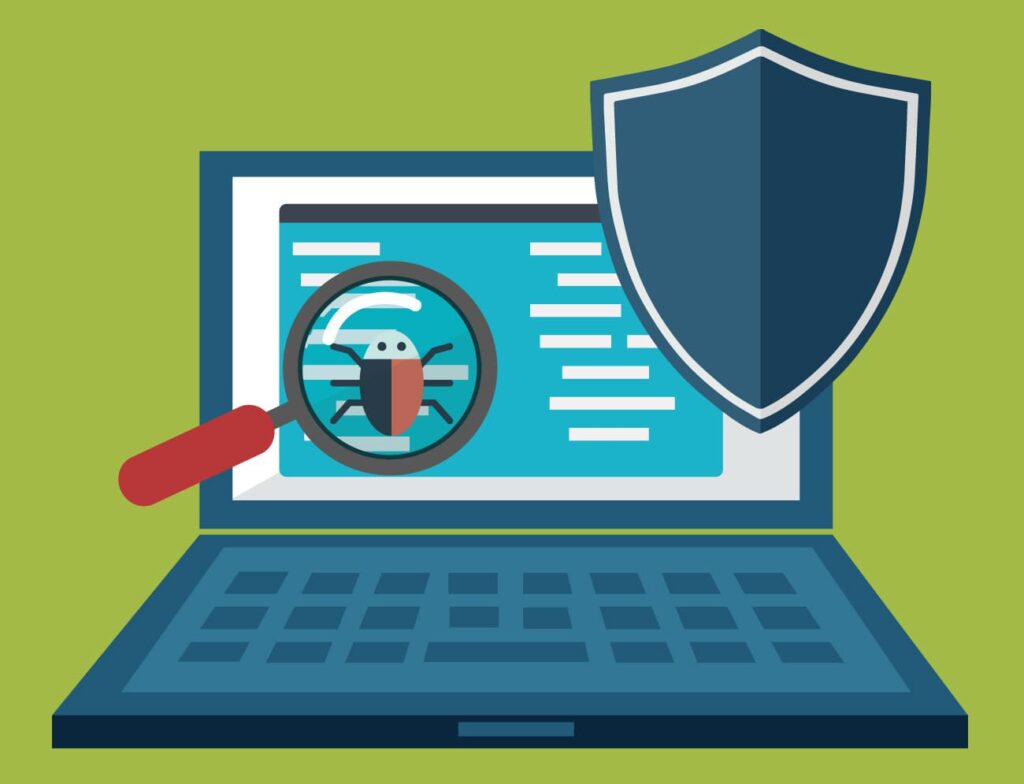Ensuring the security of systems, information, and networks against cyber-attacks has become a paramount concern for businesses across various industries & healthcare is no exception. In recent times, the healthcare industry has experienced a significant increase in data thefts and security breaches, surpassing other sectors in the frequency of such incidents.
The healthcare industry ranked 2nd in cyber-attacks according to Radware’s 2018-2019 Global Application and Network Security Report. These alarming facts underscore the urgent need for enhanced cybersecurity measures within the healthcare sector. Like every other industry, companies in the Healthcare sector should encourage their personnel to pursue Cyber security course in ahmedabad.
8 cyber security best practices of the healthcare industry
Follow Good Computer Habits
Proactive attention to maintaining optimal computer habits is crucial, mirroring the significance of upholding good health practices. It is imperative for healthcare institutions to prioritize the meticulous upkeep of their IT infrastructure, encompassing the electronic health record (EHR) system, in order to effectively avert cyber threats and security breaches that may result in data loss.
Fortify Your Network
To safeguard networks, use secure connections and avoid opening unexpected attachments or clicking on links from unknown senders. Indications of a compromised computer include abnormal system startup, frequent crashes, browser redirection, and unwanted pop-ups. Insider threats pose a significant risk, as 1 in 5 healthcare employees would sell confidential information for financial gain. Implement measures like computer locking and regular data backups to mitigate these risks.
Provide healthcare staff with education
To ensure a robust privacy and data security framework, begin by assessing the existing levels of awareness among both clinical and non-clinical staff through surveys or other suitable means. Based on the findings, strategically plan training opportunities tailored to their specific needs. To adapt to the evolving security landscape, prioritize equipping front-line staff members with advanced knowledge of potential security threats and effective preventive strategies.
Also Read → 5 Reasons to Pursue a Cyber Security Course
Assess patch management and vulnerabilities
Cybercriminals commonly exploit unpatched or unresolved vulnerabilities in systems, leveraging technological advancements to swiftly identify weaknesses that require their immediate attention. Consequently, it is crucial to establish regular patching intervals across all systems, while security managers must consistently evaluate and address potential weak points to effectively mitigate risks.
Bring in cyber security services
In our unwavering pursuit of fortified systems, we invite skilled ethical hackers, alongside relevant departments, to engage in a challenging venture. With their expertise, we gain crucial insights into areas requiring urgent attention, enabling us to bolster our policies, processes, tools, and devices. Through this transformative collaboration, our digital domain achieves heightened security resilience, safeguarding its integrity in a dynamic and ever-evolving environment.
Install System Anti-Virus

Proper installation of anti-virus software is crucial for safeguarding healthcare data stored in Electronic Health Records (EHRs). Neglecting this protection puts small healthcare businesses at risk, as cyber attackers can exploit vulnerabilities, leading to data theft, destruction, or unauthorized system control. Various infection vectors, such as phishing attacks, web downloads, emails, CDs, and flash drives, can introduce viruses into the system.
Control Electronic Health Information Access
To ensure the appropriate handling of electronic health information within a small practice, it is crucial to implement access control measures that limit data access to relevant staff members based on their specific roles and responsibilities. By identifying and granting access only to those individuals who require the information to perform their duties effectively, unnecessary exposure to sensitive data can be avoided. Access control systems can be implemented at both the operating system level and within specific applications, providing an added layer of security.
Set Up Intelligent Early Warning Systems with Microsoft Security
To effectively combat cyberattacks, a robust and proactive defense is paramount. Continuous, 24/7 monitoring of the system is crucial as it minimizes the window of opportunity for hackers to operate unnoticed and inflict significant harm. Difenda offers comprehensive guidance in selecting the optimal cybersecurity package tailored to your organization’s requirements. Furthermore, we provide constant, year-round support to ensure strict adherence to compliance standards.
Conclusion
In conclusion, fostering empathy in healthcare extends beyond traditional bedside interactions, encompassing the role of empathetic security leaders and decision-makers who recognize the importance of technology in enhancing care experiences. By prioritizing robust cyber security measures, pursuing Cyber security course in ahmedabad, healthcare organizations demonstrate a tangible commitment to addressing patient vulnerability, both metaphorically and in practical terms.

